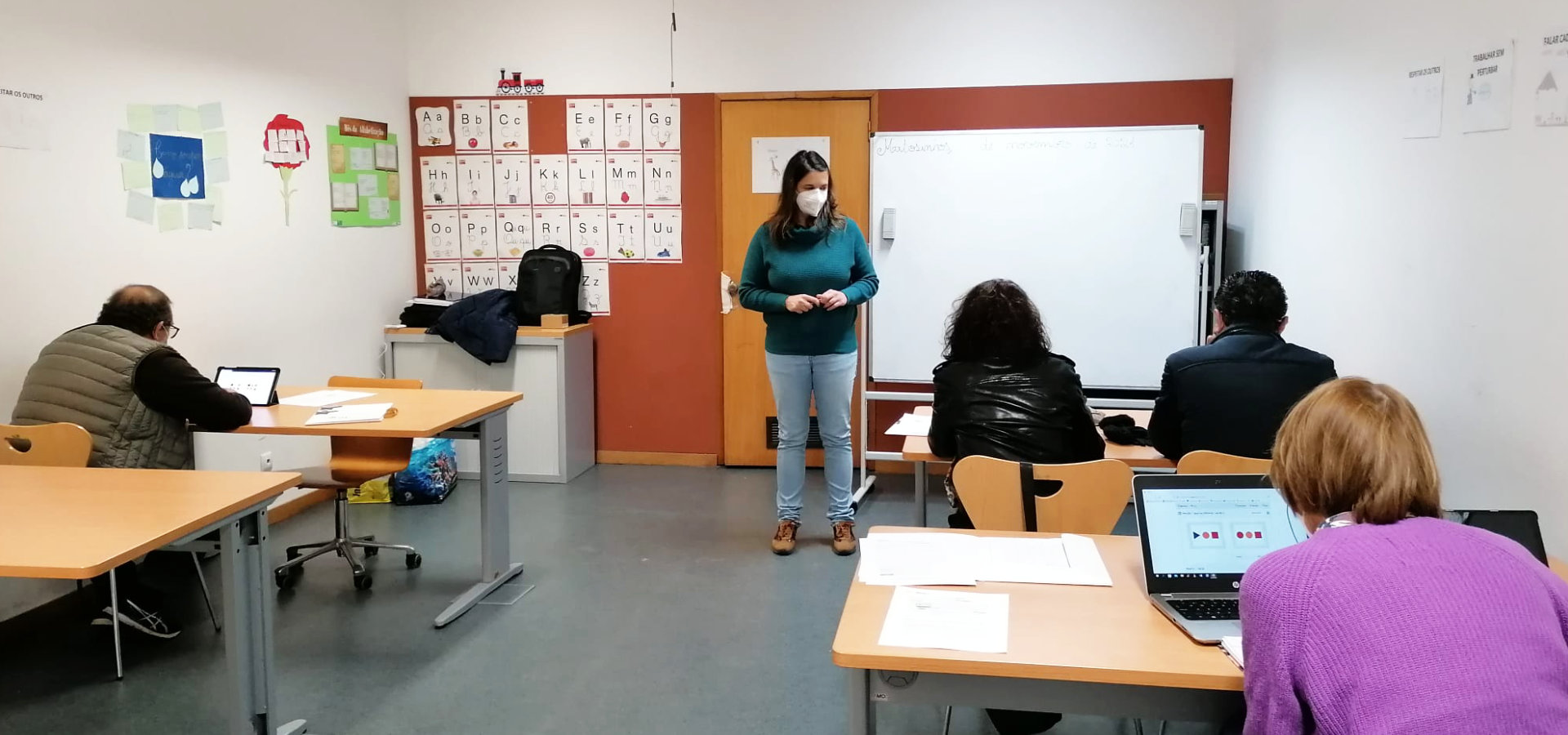The health care of cancer patients must consider not only patients, but also their families, highlights a study by the Instituto de Saúde Pública da Universidade do Porto (ISPUP), which concluded that patients as well as their partners use health services more often compared to the general population.
The article, published in the Journal of Cancer Survivorship, looked at how cancer survivors and their partners use health services.
“Previous studies have shown that both cancer survivors and their partners report several negative consequences of the disease and its treatments, not only physical, but also psychological and social, with a greater use of health services”, says Ana Rute Costa, first author of the article, coordinated by Nuno Lunet.
“In this work, we wanted to better understand how cancer survivors and their partners use different health care services compared to the general population”, she says.
European sample
To carry out the study, the researchers analyzed data from 1174 cancer survivors and their respective partners, as well as from 3,522 individuals without a previous cancer diagnosis, from 16 European countries, including Portugal. The data were obtained from the fourth wave of the SHARE project – Survey of Health, Aging and Retirement in Europe (2010-2011).
The number of medical appointments and the occurrence of hospitalizations in the last 12 months as well as the consumption of medication were compared between cancer survivors, their partners and the general population.
Cancer survivors and their partners use health services more often
Cancer survivors were found to report a greater use of different health care services, including both medical appointments and medication use, and their partners resorted to medical appointments more frequently than the general population.
For Ana Rute Costa, these results were expected. “The novelty is that we were able to quantify the magnitude of the differences in the use of health care among cancer survivors and their partners compared to the general population, and we were able to understand the characteristics associated with greater use”.
Focusing health care on the family
Given this reality, the researcher advocates for the need to plan cancer care, thinking not only about the patient, but also about the family.
“The effect of a cancer diagnosis is not only seen on the patient, but also has an impact on the entire family. In the case of partners, these negative consequences are often not immediately perceived; they are only observed later. This is because, in the most active phase of treatment, partners are more focused on caring for the patient, leaving their own needs behind”, she says.
In fact, “there are even articles that indicate that the caregiver of a cancer patient should be considered as a second patient, which requires time, investment and attention. And, with this work, we were able to show it”, notes the researcher, whose article is entitled Healthcare services and medication use among cancer survivors and their partners: a cross-sectional analysis of 16 European countries.
Widowers of individuals who died from cancer also use health services more frequently
In another article, inserted in the same research line as the previous one, and published in the journal Psycho-Oncology, the researchers also found that widowers whose partners died from cancer had a greater use of different health care.
Specifically, they used more medications for sleep problems and for anxiety or depression compared to individuals who lived with a partner or who recently lost their partner due to cardiovascular disease.
For the ISPUP researcher, this study demonstrates that there are effects on the health of partners, even after the death of the cancer patient.
In this sense, it is important to “undertake a global effort so that the focus of the end-of-life care also includes patients´ family, namely, their partner, even after the death of the cancer patient”.
Researchers hope that the results of the Healthcare services and medication use among widowed partners of patients deceased due to cancer – results from the Survey of Health, Aging and Retirement in Europe (SHARE) study will contribute to improve health care delivery to partners of cancer patients, throughout the course of the disease, contributing to the promotion of their health and well-being.
Image: Anna Shvets/Pexels



